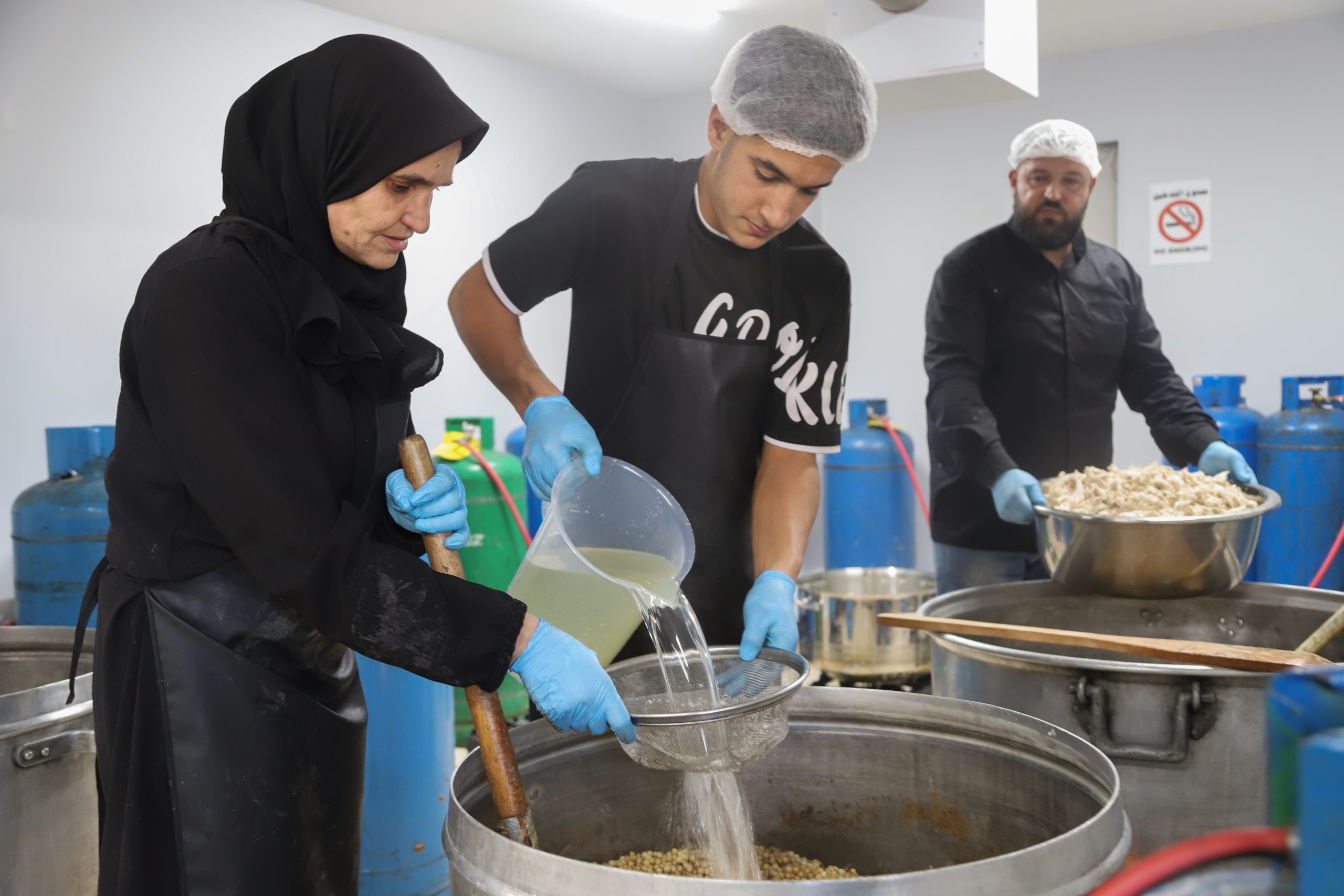
Lebanon: Surviving war through community-led care
November 7, 2024As the war in Lebanon casts a shadow of devastation for millions of people across the country, community-led initiatives and local efforts are testament to the surviving solidarity and hope among Lebanese society. In the heart of Beirut, one such...
Read more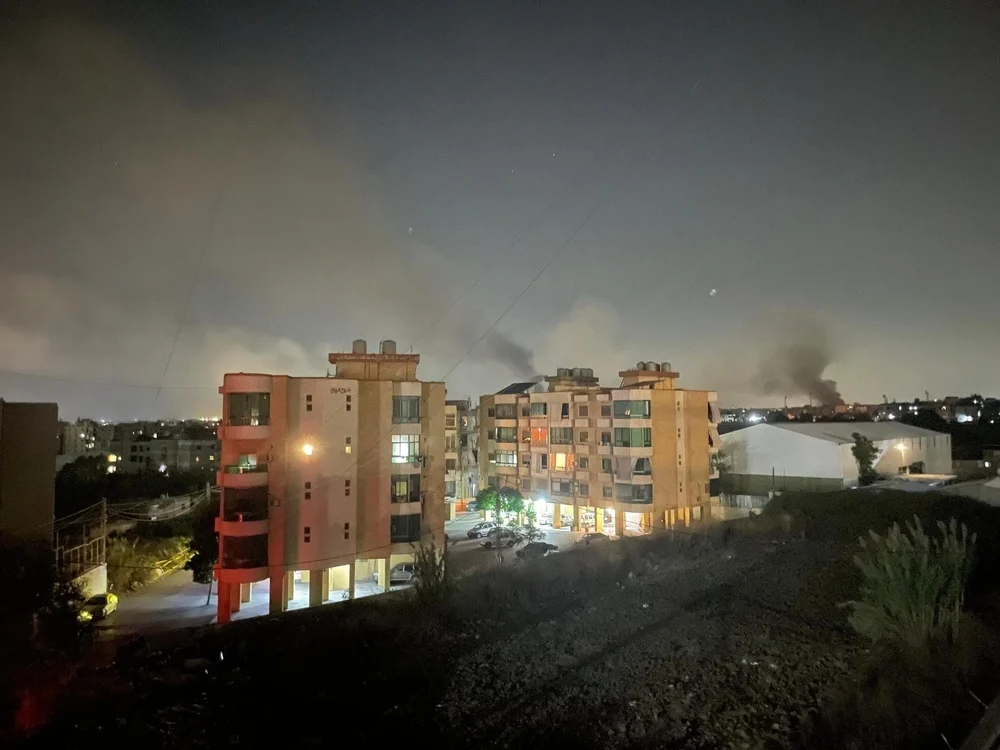
Lebanon: MSF urges for protection of civilians and medical staff amid Israeli bombardment
October 18, 2024Beirut, Lebanon, 10 October 2024 – As Israeli attacks intensify in Lebanon, healthcare facilities in areas most affected by airstrikes are being forced to close. This is leading to devastating consequences for civilians and their access to healthcare.Médecins Sans Frontières...
Read more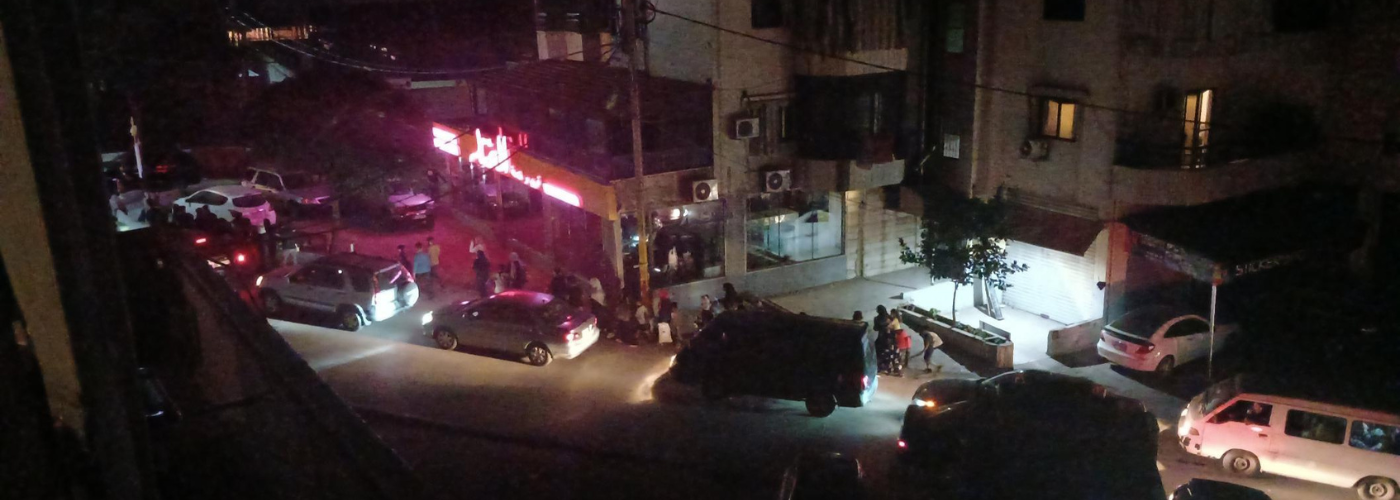
Lebanon: “I am used to being a humanitarian worker, but now I am also a person displaced by air strikes in my own country.”
October 1, 2024We are in a safe place, for nowMaryam, our field communications manager from Beirut, reported from a car as she fled, describing scenes of chaos in the southern suburbs of Beirut. Yesterday (Friday 27/09/2024), we heard and felt a huge...
Read more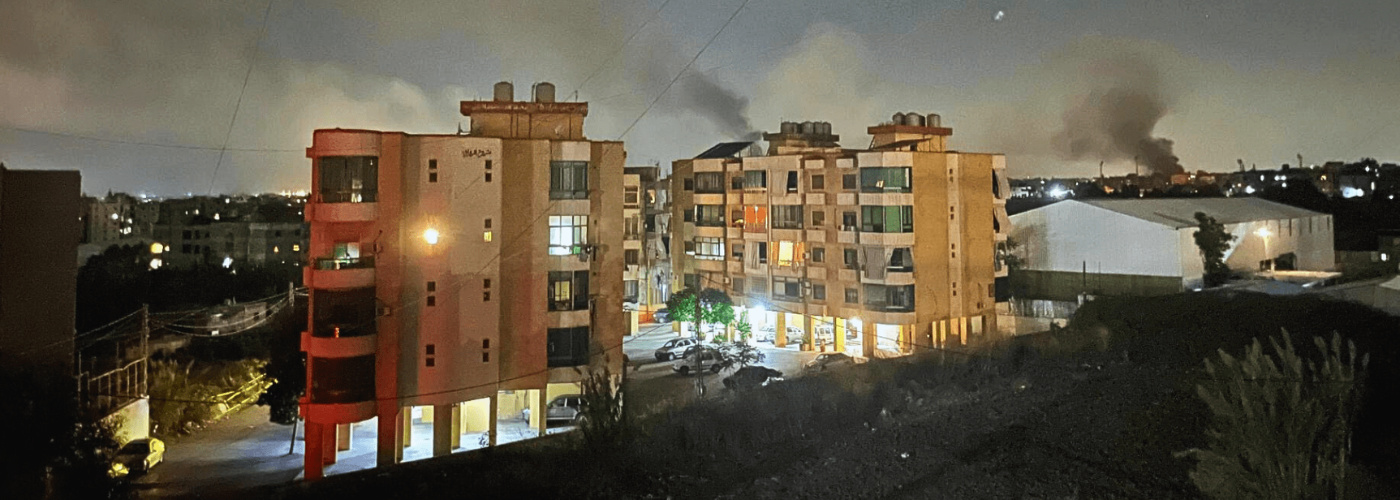
MSF responds to Israeli bombing in Lebanon
October 1, 2024Following the widescale Israeli bombings of multiple areas in Lebanon on Monday 23 September, we are gradually stepping up our response to the escalating humanitarian needs. MSF teams are providing general healthcare and essential relief items to displaced people. According to the Ministry...
Read more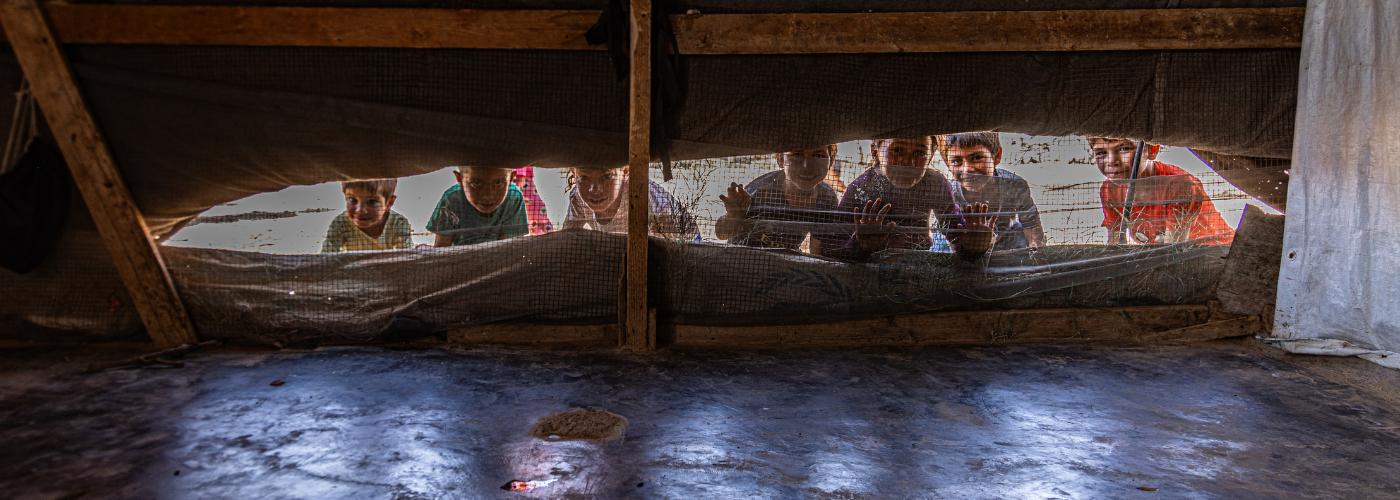
Trapped in fear: Syrian refugees face unbearable choices in Lebanon
July 2, 2024Names in this article have been changed to protect anonymity. “I wish for death,” says Umm Khattab, a Syrian refugee who has called a flimsy tent along the northeast border of Lebanon home for years. “We live in constant anxiety...
Read more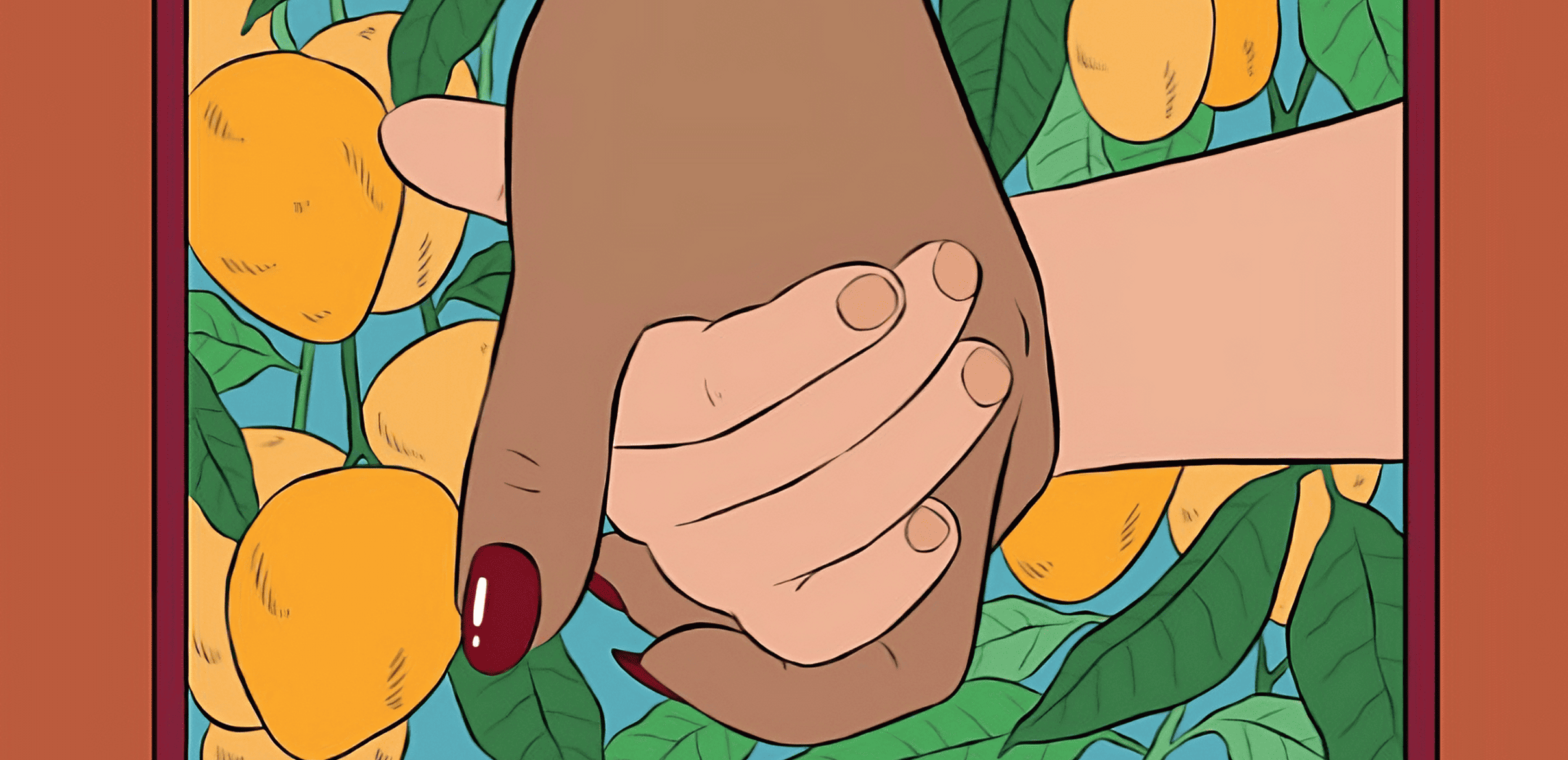
Migrant workers in Lebanon: healthcare under the Kafala system
May 4, 2023In 2020, Médecins Sans Frontières/Doctors Without Borders (MSF) opened a clinic in Beirut providing migrant domestic workers with free-of-charge health consultations and specialist mental health support. Three years later, MSF teams continue to see the impact of the Kafala system...
Read more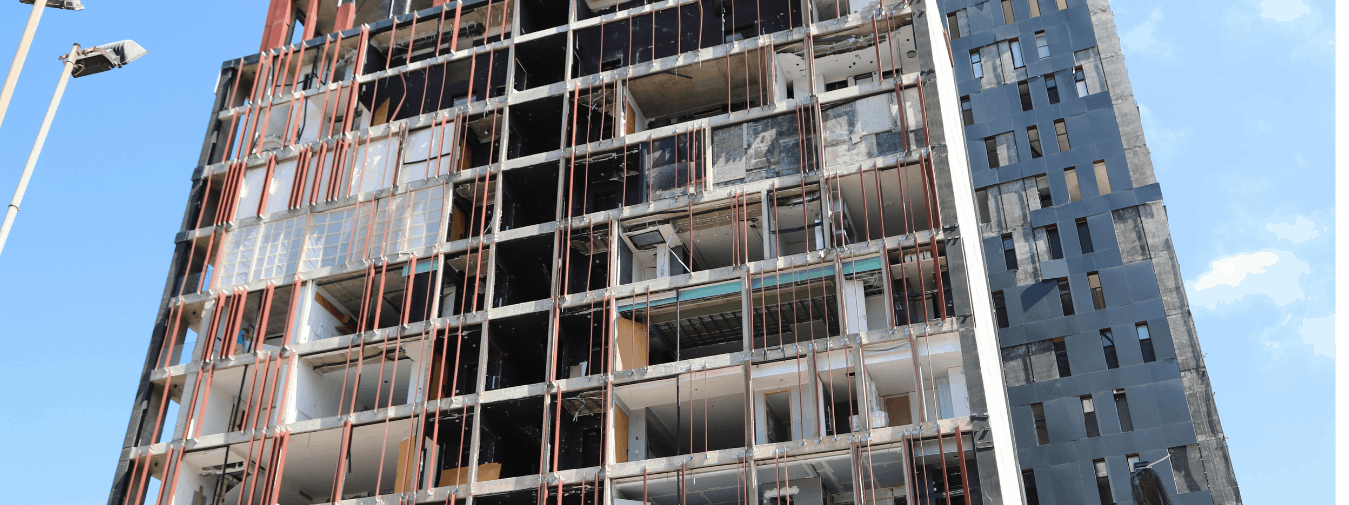
Lebanon: “I needed to make myself useful to overcome the panic”
October 10, 2020MSF psychologist Sara Tannouri looks back at the blast that devastated her home city of Beirut, Lebanon two months ago and its impact on people’s mental wellbeing, including her own. 4 August 2020 at 6.08 pm. I was just about to...
Read more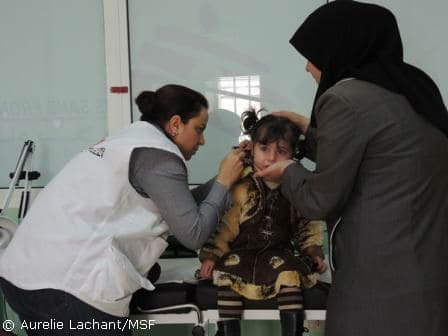
Lebanon: Abundant Medical Needs Among Syrian Refugees And Victims Of Local Conflict
June 4, 2013More than 10,600 Syrian families who have fled their country have taken refuge in Tripoli, Lebanon’s second-largest city, located approximately 30 kilometers[about 19 miles] from the Syrian border. Its population includes 500,000 Lebanese citizens, Palestinian refugees living in the Baddawi...
Read more










